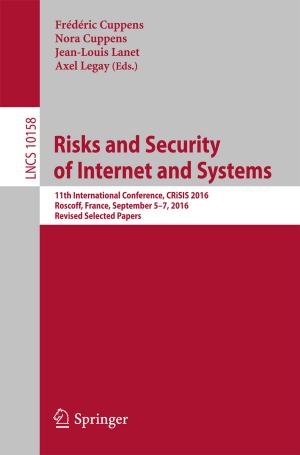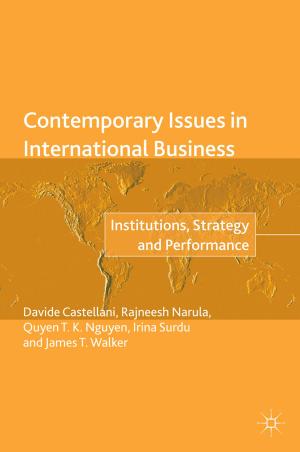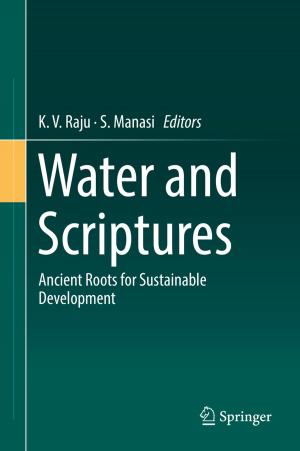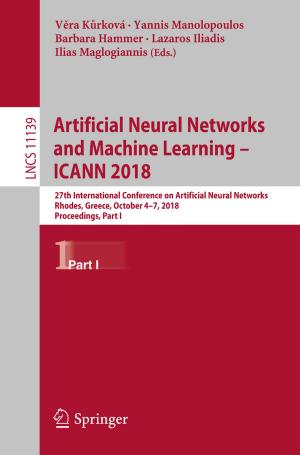Universities in Arab Countries: An Urgent Need for Change
Underpinning the Transition to a Peaceful and Prosperous Future
Nonfiction, Reference & Language, Education & Teaching, Higher Education, Administration| Author: | Adnan Badran | ISBN: | 9783319731117 |
| Publisher: | Springer International Publishing | Publication: | May 30, 2018 |
| Imprint: | Springer | Language: | English |
| Author: | Adnan Badran |
| ISBN: | 9783319731117 |
| Publisher: | Springer International Publishing |
| Publication: | May 30, 2018 |
| Imprint: | Springer |
| Language: | English |
This book provides an overview of the current state of universities in the Arab world, and how they have the potential to transform society to raise the quality of life and stimulate wealth. The main themes progress from general to the specific. Each chapter providing an overview followed by factual analysis and options for the way forward.
All of the major challenges facing universities in general are addressed with reference to issues of particular importance in the Arab Region. The challenges faced include: the need to accommodate a social model of life-long learning; the desire for institutional autonomy while interacting with governments; the availability of open-access online courses and distance learning.
Arab universities are diverse, ranging from those entirely state-controlled and funded, to wholly independent private universities. The quality of governmental oversight is also variable, and some institutions are clearly unworthy of the appellation ‘university’.
The book comprises of 20 chapters authored by senior academics with a wide international experience and a commitment to assisting the improvement of Arab higher educational and research communities.
This book provides an overview of the current state of universities in the Arab world, and how they have the potential to transform society to raise the quality of life and stimulate wealth. The main themes progress from general to the specific. Each chapter providing an overview followed by factual analysis and options for the way forward.
All of the major challenges facing universities in general are addressed with reference to issues of particular importance in the Arab Region. The challenges faced include: the need to accommodate a social model of life-long learning; the desire for institutional autonomy while interacting with governments; the availability of open-access online courses and distance learning.
Arab universities are diverse, ranging from those entirely state-controlled and funded, to wholly independent private universities. The quality of governmental oversight is also variable, and some institutions are clearly unworthy of the appellation ‘university’.
The book comprises of 20 chapters authored by senior academics with a wide international experience and a commitment to assisting the improvement of Arab higher educational and research communities.















